Home>Interior Design>Should You Plug In Your Bed? Experts Debunk Grounding A Bed


Interior Design
Should You Plug In Your Bed? Experts Debunk Grounding A Bed
Modified: March 24, 2024
Discover the truth about grounding your bed in interior design. Experts weigh in on whether plugging in your bed is a myth or a game-changer.
(Many of the links in this article redirect to a specific reviewed product. Your purchase of these products through affiliate links helps to generate commission for Storables.com, at no extra cost. Learn more)
Introduction
When it comes to getting a good night’s sleep, we often try various methods to enhance our sleep quality and overall well-being. One popular trend in the realm of sleep accessories is the concept of grounding beds. The idea behind grounding beds is that they connect the sleeper to the earth’s electrical charge, which proponents claim can have a range of health benefits.
Grounding, also known as earthing, is based on the belief that direct contact with the earth’s surface can reduce inflammation, balance the body’s energy, and improve sleep quality. This practice involves sleeping on a specially designed conductive sheet or using a grounded mat that connects to a grounding device plugged into a wall socket.
However, as with any trend, it is important to separate fact from fiction and understand the science and expert opinions behind grounding beds. In this article, we will explore the concept of grounding beds, examine the claims made about their benefits, debunk some common misconceptions, and discuss expert opinions on this topic.
Key Takeaways:
- Grounding beds may offer subjective benefits, but scientific evidence is limited. Consult experts and consider alternatives for holistic well-being.
- Expert opinions on grounding beds vary. More research is needed to validate claims. Prioritize safety and consult healthcare professionals.
The Concept of Grounding
Grounding, also referred to as earthing, is a practice that involves connecting the human body to the earth’s electrical charge. The earth carries a negative electric charge, and proponents of grounding believe that by making direct skin contact with the earth or using conductive materials, individuals can balance the body’s electrical energy.
Advocates of grounding beds claim that the human body builds up a positive charge due to exposure to various environmental factors, such as electromagnetic fields (EMFs) from electronic devices and indoor air pollutants. This positive charge is said to disrupt the body’s natural electrical balance and can lead to inflammation, sleep disturbances, and other health issues.
The concept behind grounding beds is to restore this balance by allowing the body to absorb electrons from the earth. Grounded sheets and mats, equipped with conductive materials such as silver or carbon, provide a pathway for the transfer of electrons from the earth to the body, thereby neutralizing the positive charge and promoting a state of electrical equilibrium.
Supporters of grounding beds suggest that by reconnecting with the earth’s electrical energy, individuals may experience a range of benefits, including improved sleep quality, reduced pain and inflammation, increased energy, and enhanced overall well-being.
It is important to note that while many people find the concept of grounding beds intriguing, the scientific evidence to support these claims is limited and inconclusive. Researchers have conducted studies exploring the effects of grounding on various health markers, but more high-quality research is needed to fully understand the mechanisms and potential benefits of grounding.
Benefits and Claims of Grounding Beds
Proponents of grounding beds make several claims about the potential benefits of this practice. While the scientific evidence is still evolving, some individuals report experiencing positive effects from using grounding beds. Here are some of the commonly mentioned benefits:
- Improved sleep quality: One of the main claims of grounding beds is that they can help improve sleep by promoting deep and uninterrupted sleep. Supporters suggest that by balancing the body’s electrical charge and reducing inflammation, grounding beds can create a conducive environment for restorative sleep.
- Reduced pain and inflammation: Grounding enthusiasts believe that the direct connection with the earth’s charge can help reduce pain, inflammation, and discomfort in the body. This is based on the potential anti-inflammatory effects of grounding and its ability to neutralize free radicals.
- Enhanced mood and well-being: Some individuals claim that using grounding beds improves their overall mood, reduces stress levels, and promotes a sense of calmness and well-being. These effects are thought to be related to the release of endorphins and the regulation of the body’s stress response.
- Improved energy and vitality: Supporters suggest that grounding beds can increase energy levels and vitality by restoring the body’s natural electrical balance and improving cellular function. By enhancing energy flow, grounding may lead to increased stamina and improved physical performance.
While these claims may sound promising, it is important to approach them with caution. The limited scientific studies on grounding beds and the mixed results indicate that more research is needed to validate these claims and understand the true extent of the benefits, if any.
It is worth noting that individual experiences with grounding beds can vary. Some people may find that using grounding beds positively impacts their sleep, mood, and overall well-being. Others may not notice any significant changes. Factors such as personal sensitivity, pre-existing health conditions, and lifestyle choices may influence the outcomes of grounding bed usage.
It is always advisable to consult with a healthcare professional before incorporating any new practices or sleep accessories into your routine, especially if you have underlying health concerns or are pregnant.
Debunking the Benefits of Grounding Beds
While grounding beds have gained popularity and have a devoted following, it is important to critically evaluate the claims made about their benefits. It is essential to note that the scientific evidence supporting the effectiveness of grounding beds is limited and often conflicting. Here are some key aspects to consider when debunking the benefits:
- Lack of rigorous scientific research: The majority of studies conducted on grounding beds have small sample sizes and are often funded by companies selling grounding products. This raises concerns about potential biases and conflicts of interest. Additionally, the results of these studies are inconsistent and do not provide robust evidence to support the touted benefits of grounding beds.
- Placebo effect: The placebo effect can play a significant role in perceived benefits. People who believe in the benefits of grounding beds may experience a placebo response, where their expectations and beliefs contribute to subjective improvements in sleep, pain relief, or overall well-being.
- Unreliable electromagnetic shielding: Some grounding bed products claim to shield against electromagnetic fields (EMFs) and protect against harmful radiation. However, the effectiveness of these products in providing adequate EMF protection is questionable. Scientific studies have shown that grounding beds may not effectively shield against EMFs, which can diminish the claimed benefits of using these products.
- Insufficient grounding conditions: Effective grounding requires a direct connection to the earth’s surface, which can be challenging to achieve in indoor settings. Most grounding bed products rely on a connection to a grounded electrical outlet, but the grounding through electrical outlets may not provide the same benefits as direct contact with the earth. In order to achieve true grounding, a person would need to be in direct contact with conductive soil or use specialized grounding equipment outdoors.
- Potential confounding factors: It is important to consider other factors that may influence the reported benefits of grounding beds. For example, individuals who use grounding beds may also incorporate other lifestyle changes, such as practicing relaxation techniques or adopting a healthier sleep routine. It is difficult to determine whether any observed benefits are solely due to grounding or the result of these additional interventions.
While these points raise questions about the effectiveness of grounding beds, it is important to acknowledge that some individuals may still experience subjective benefits from using these products. The placebo effect, personal beliefs, and individual responses can contribute to perceived improvements in sleep quality, pain relief, and overall well-being.
Overall, it is crucial to approach the claims made about grounding beds with a critical mindset and a focus on scientific evidence. Consulting with healthcare professionals and conducting thorough research are essential before relying solely on the benefits of grounding beds for health improvement.
Tip: If you’re considering grounding your bed, consult with a qualified expert to understand the potential benefits and risks before making any decisions.
Expert Opinions on Grounding Beds
Opinions among experts regarding grounding beds are varied, highlighting the ongoing debate surrounding this practice. While some experts acknowledge the potential benefits that grounding can offer, others remain cautious and call for further research. Here are insights from different experts:
Dr. James Oschman: Dr. James Oschman, an expert in energy medicine and biophysics, acknowledges that there is scientific evidence suggesting positive effects of grounding on inflammation reduction and pain management. However, he emphasizes the need for more research to understand the mechanisms and potential benefits fully.
Dr. Steven Novella: Dr. Steven Novella, a clinical neurologist and host of the popular podcast “The Skeptics’ Guide to the Universe,” expresses skepticism about the claims of grounding beds. He notes that the evidence supporting grounding lacks methodological rigor and that people may be experiencing a placebo effect or subjective improvements due to other factors.
Dr. Sam Eggertsen: Dr. Sam Eggertsen, a chiropractor and wellness expert, believes in the benefits of grounding beds but advises caution. He suggests that using grounding beds in conjunction with other lifestyle changes, such as reducing exposure to EMFs, practicing good sleep hygiene, and maintaining a healthy diet, may yield better results for overall well-being.
Dr. Libby Darnell: Dr. Libby Darnell, a Chiropractic Neurologist, states that while grounding beds may not have universally proven benefits, some individuals may experience improvements in sleep and pain management. She advises individuals to consider other lifestyle factors, such as stress reduction and proper nutrition, for optimal health outcomes.
These varying expert opinions highlight the need for more rigorous scientific research to validate or debunk the claims surrounding grounding beds. While some clinicians and researchers recognize the potential benefits or are cautiously optimistic, others urge consumers to be critical and seek evidence-based information before fully embracing grounding beds as a holistic health solution.
It is important to consult with healthcare professionals and seek multiple expert opinions to make informed decisions about incorporating grounding beds into your sleep routine or overall wellness regimen.
Potential Risks and Hazards of Grounding Beds
While grounding beds are generally considered safe for most individuals, there are some potential risks and hazards to be aware of. It is essential to understand these considerations before incorporating grounding beds into your sleep routine. Here are some potential risks associated with grounding beds:
- Electrical hazards: Improper installation or use of grounding bed systems can pose electrical risks. If the grounding bed is not properly grounded or if there are faults in the electrical system, it could potentially lead to electrical shocks or fires. It is essential to follow the manufacturer’s instructions carefully and consult with a professional if you have any concerns about the electrical safety of the grounding bed.
- Interference with medical devices: Individuals who use medical devices, such as pacemakers or insulin pumps, should exercise caution before using grounding beds. These devices may be sensitive to electromagnetic fields or electrical currents, and the use of grounding beds could potentially interfere with their function. It is advisable to consult with your healthcare provider for guidance if you have medical devices implanted or are using any other electronic medical equipment.
- Allergies or skin reactions: Some individuals may experience allergies or skin reactions to the materials used in grounding bed products, such as silver or carbon. If you have known sensitivities or skin conditions, it is important to carefully choose grounding bed products that are hypoallergenic or consult with a healthcare professional before use.
- Psychological dependence: While grounding beds may provide subjective benefits to some individuals, it is crucial to avoid developing a psychological dependence on the product. Relying solely on a grounding bed for sleep or overall well-being may neglect other important aspects of health, such as maintaining a balanced lifestyle, practicing good sleep hygiene, and addressing underlying health conditions.
- False sense of security: Some grounding bed products claim to provide protection against electromagnetic fields (EMFs) and shield the body from harmful radiation. However, scientific evidence supporting these claims is limited. It is essential to be cautious of any grounding bed product that promises complete protection against EMFs, as it may provide a false sense of security.
It is important to use grounding beds responsibly, carefully read and follow the manufacturer’s instructions, and be aware of any potential risks or hazards. As with any new sleep accessory or wellness practice, it is advisable to consult with healthcare professionals if you have any specific health concerns or questions.
Remember, individual experiences and sensitivities can vary. If you experience any adverse reactions or discomfort while using grounding beds, discontinue use and seek medical advice. Prioritizing your safety and well-being should always be the top priority when considering any new health-related practice.
Alternatives to Grounding Beds
If you are interested in reaping the potential benefits of grounding but have concerns or prefer not to use grounding beds, there are alternative practices you can explore. Here are some alternatives to grounding beds:
- Barefoot walking or outdoor grounding: One of the simplest ways to experience grounding is by spending time outdoors and making direct skin contact with the earth. Walking barefoot on grass, sand, or soil allows the body to naturally connect with the earth’s electrical charge. This practice, known as earthing, can help balance the body’s electrical energy without the need for specialized grounding bed products.
- Spending time in nature: In addition to barefoot walking, spending time in natural environments, such as parks, forests, or beaches, can provide a sense of grounding and connection to nature. Engaging in activities like hiking, gardening, or simply sitting and observing the natural surroundings can promote relaxation, reduce stress, and support overall well-being.
- EMF reduction strategies: If you are concerned about the potential harmful effects of electromagnetic fields (EMFs), adopting strategies to reduce your exposure can be an alternative to grounding beds. This includes keeping electronic devices away from the bedroom, using EMF-blocking products, and practicing good sleep hygiene, such as turning off Wi-Fi routers at night.
- Relaxation techniques: Incorporating relaxation techniques, such as deep breathing exercises, meditation, or yoga, can help reduce stress levels and promote a sense of calmness and balance. These practices can positively impact sleep quality and overall well-being, without relying solely on grounding beds.
- Improving sleep hygiene: Maintaining good sleep hygiene practices is essential for optimizing sleep quality. This includes establishing a regular sleep schedule, creating a sleep-friendly environment, avoiding stimulating activities before bed, and ensuring a comfortable mattress and bedding. These steps can help enhance sleep without the need for grounding beds specifically.
It’s important to remember that the effectiveness of these alternatives may vary between individuals. Some people may find one method more beneficial than others. It is a matter of personal preference and experimentation to determine what works best for you.
If you have specific health concerns or are unsure about which alternative practices to explore, consulting with healthcare professionals, such as sleep specialists, naturopaths, or chiropractors, can provide personalized guidance and recommendations based on your unique needs.
Ultimately, the goal is to find practices that promote relaxation, well-being, and quality sleep, and to create a holistic approach to nurturing your body’s natural balance.
Conclusion
The concept of grounding beds has gained popularity in recent years, with claims that they can improve sleep quality, reduce pain and inflammation, and enhance overall well-being. However, it is important to approach the topic with a critical mindset and consider the available evidence and expert opinions.
While grounding beds may offer subjective benefits to some individuals, the scientific evidence supporting their effectiveness is limited and often conflicting. Many studies conducted on grounding beds have small sample sizes and potential biases, making it challenging to draw concrete conclusions. Therefore, it is important to interpret the claims made about grounding beds with caution.
Expert opinions on grounding beds are varied. Some experts acknowledge the potential benefits and suggest that grounding may have positive effects on inflammation reduction and pain management. However, others approach the topic with skepticism, emphasizing the need for more rigorous research and warning against relying solely on grounding beds for health improvement.
Potential risks and hazards associated with grounding beds include electrical hazards, interference with medical devices, allergies or skin reactions, psychological dependence, and the false sense of security regarding electromagnetic field protection. It is essential to be aware of these risks and take appropriate precautions when considering the use of grounding beds.
For individuals who are hesitant to use grounding beds, there are alternative practices to explore, such as barefoot walking, spending time in nature, reducing exposure to electromagnetic fields, practicing relaxation techniques, and improving sleep hygiene. These alternatives can offer similar benefits without the need for specialized grounding bed products.
In conclusion, grounding beds remain a topic of debate in the scientific community, and more research is needed to fully understand their potential benefits and mechanisms. While some individuals may find grounding beds helpful for their sleep and overall well-being, it is essential to approach the claims with critical thinking, consult with healthcare professionals, and prioritize safety and individual needs.
Ultimately, maintaining a balanced lifestyle, practicing good sleep hygiene, and incorporating various strategies to support overall well-being are key factors in achieving optimal health and restful sleep.
Frequently Asked Questions about Should You Plug In Your Bed? Experts Debunk Grounding A Bed
Was this page helpful?
At Storables.com, we guarantee accurate and reliable information. Our content, validated by Expert Board Contributors, is crafted following stringent Editorial Policies. We're committed to providing you with well-researched, expert-backed insights for all your informational needs.




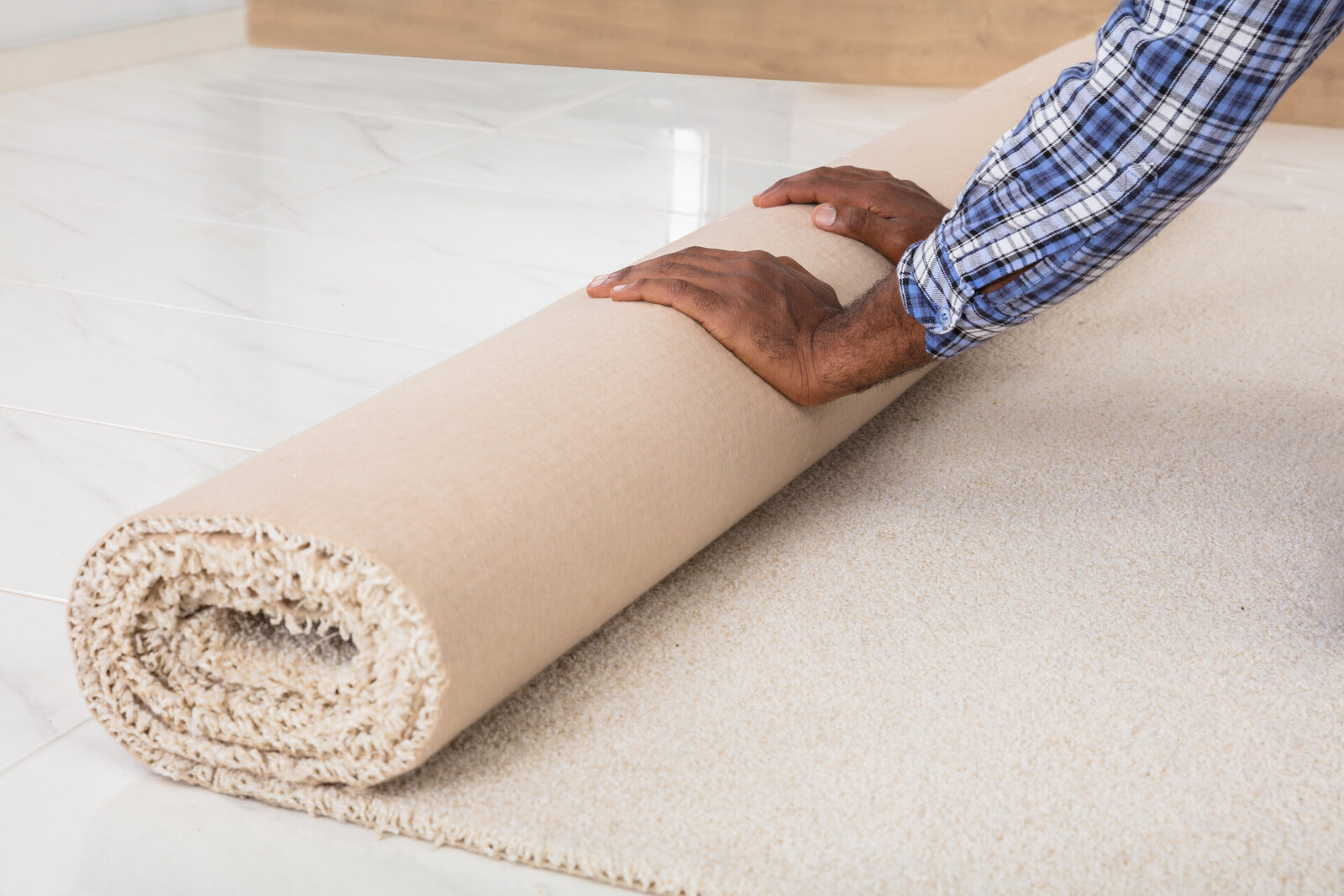
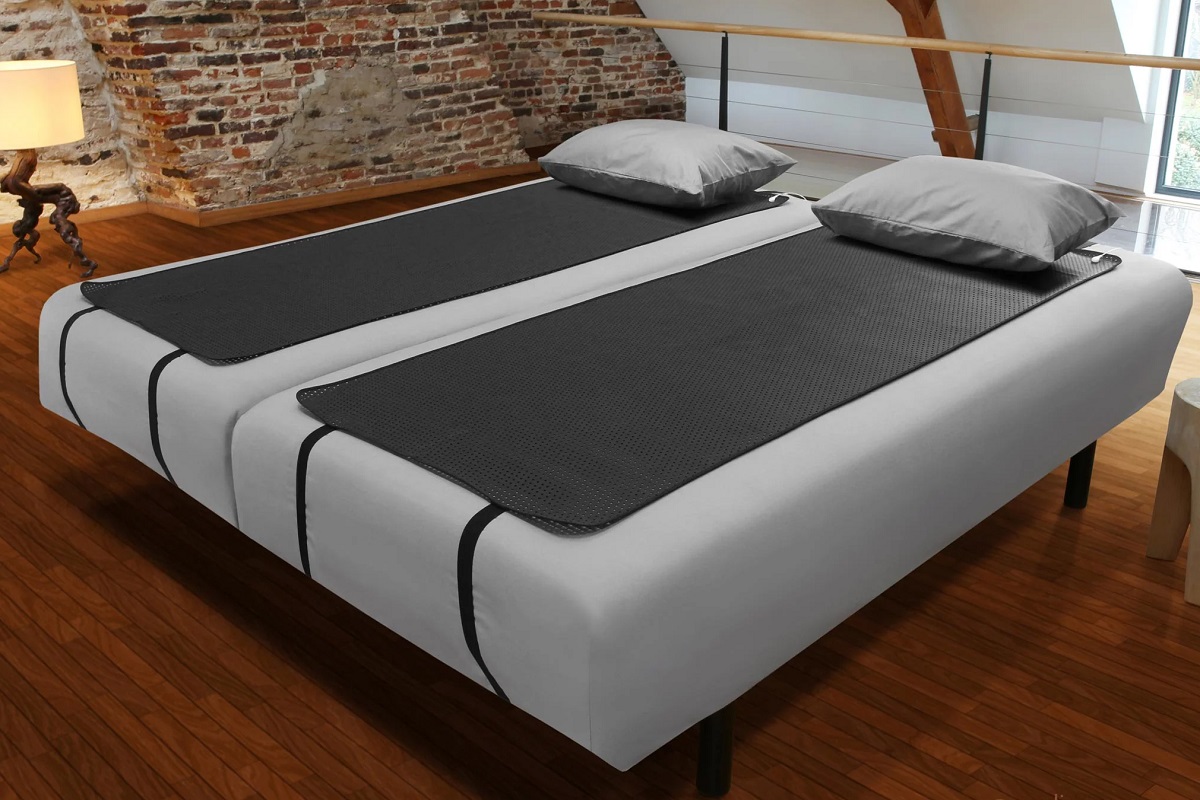

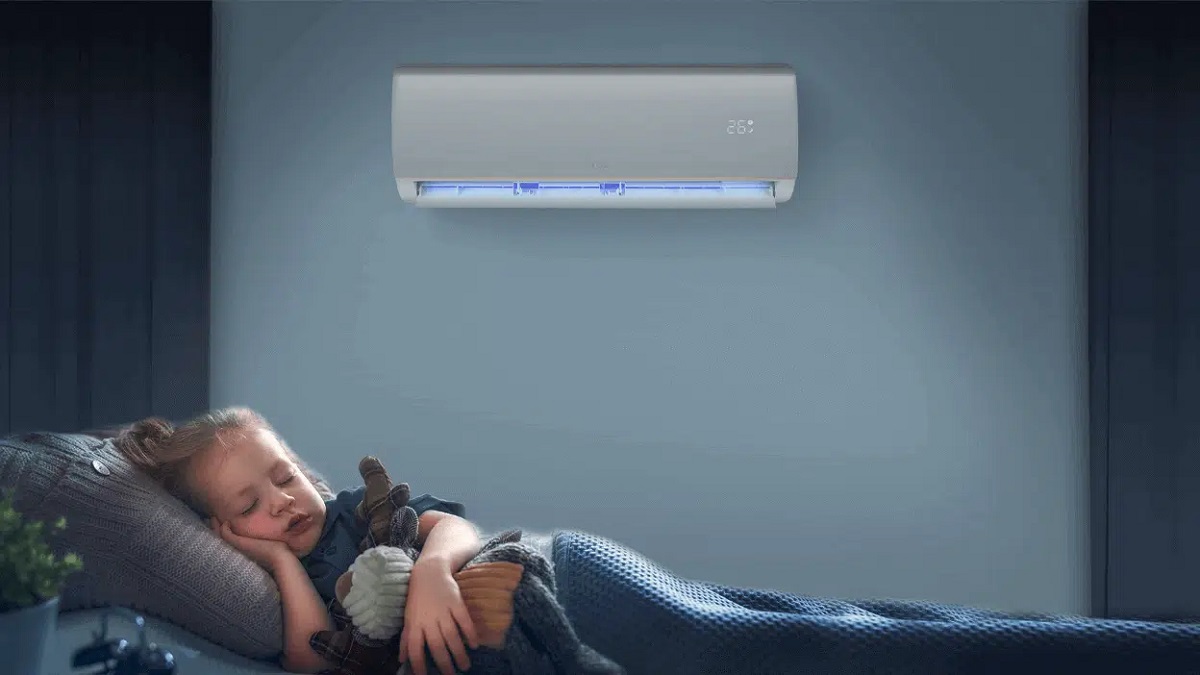
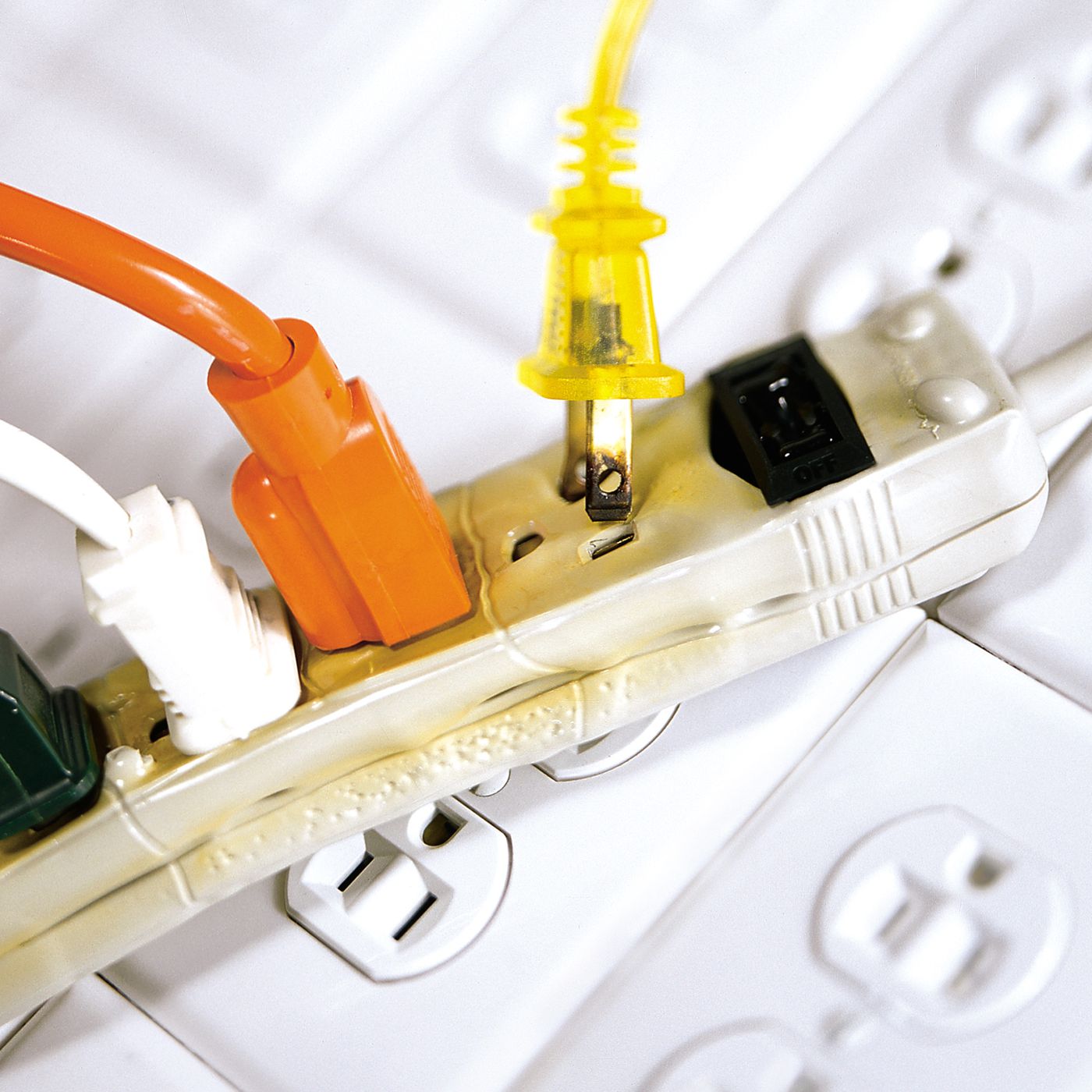
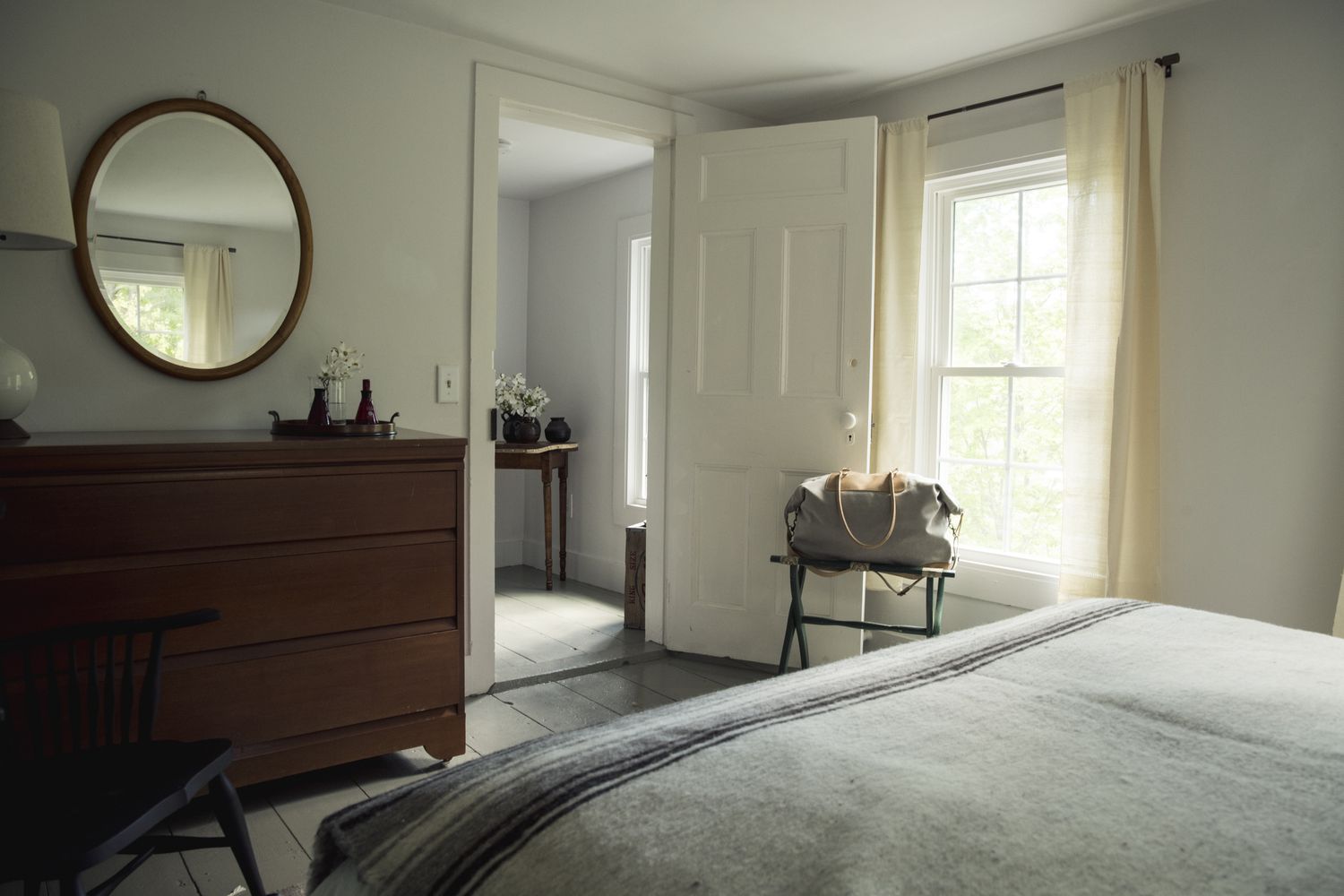

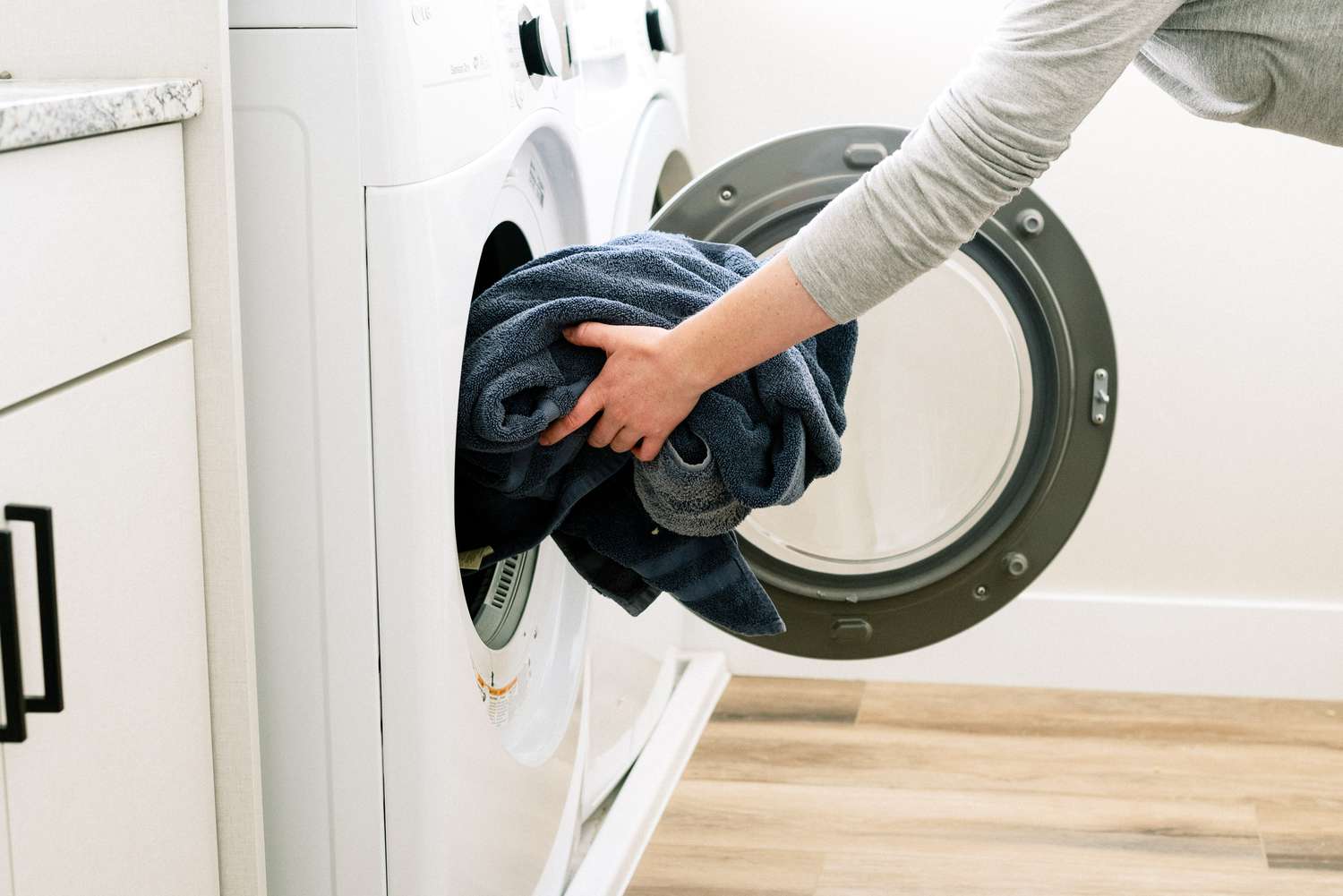
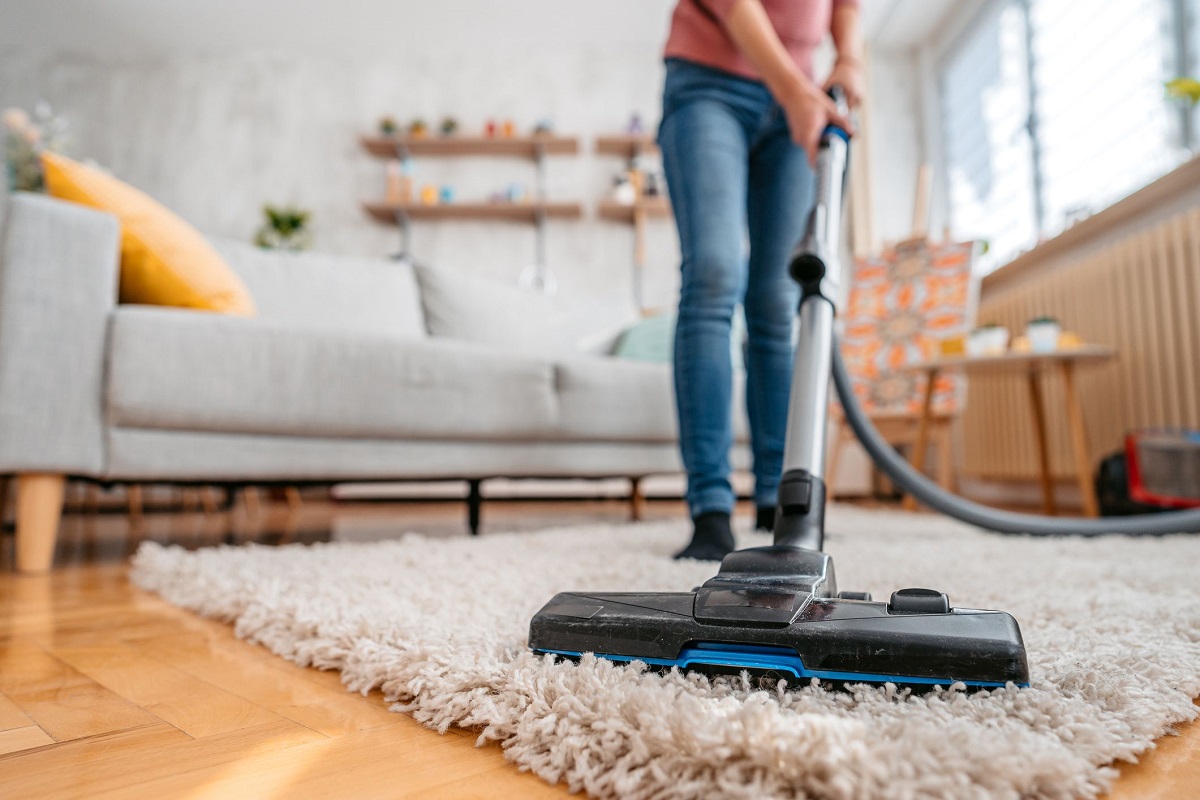
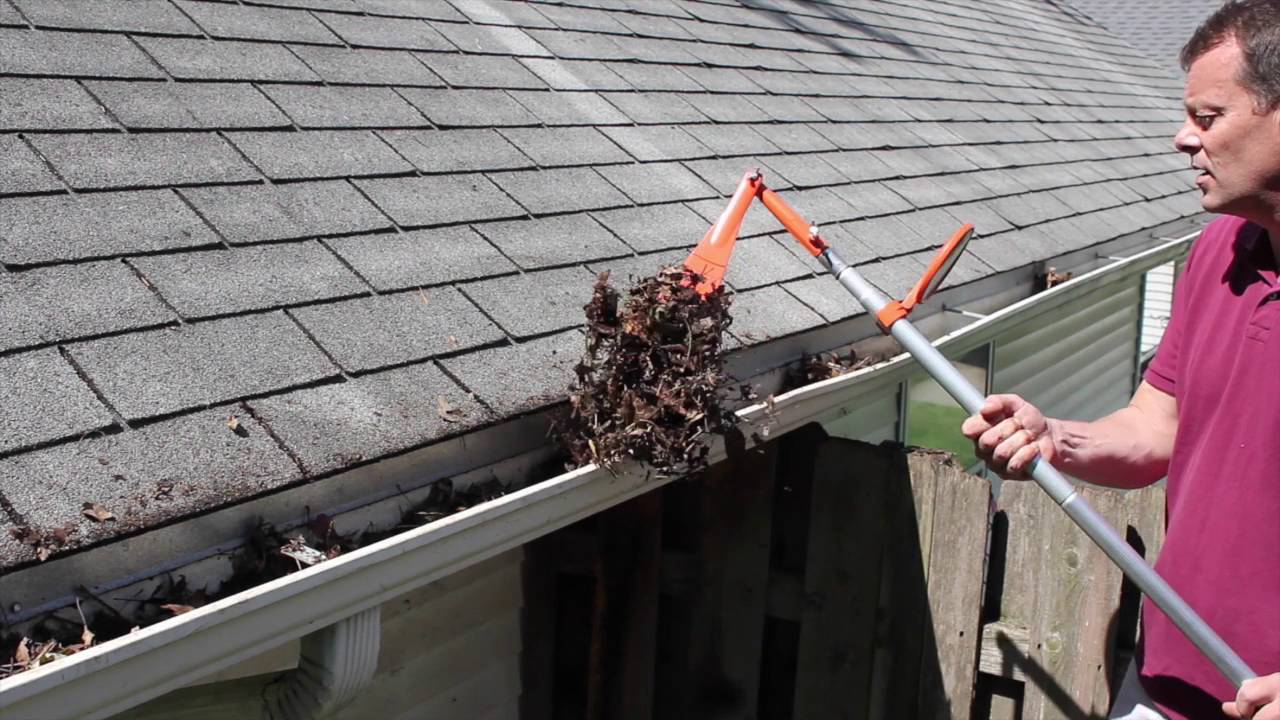

0 thoughts on “Should You Plug In Your Bed? Experts Debunk Grounding A Bed”